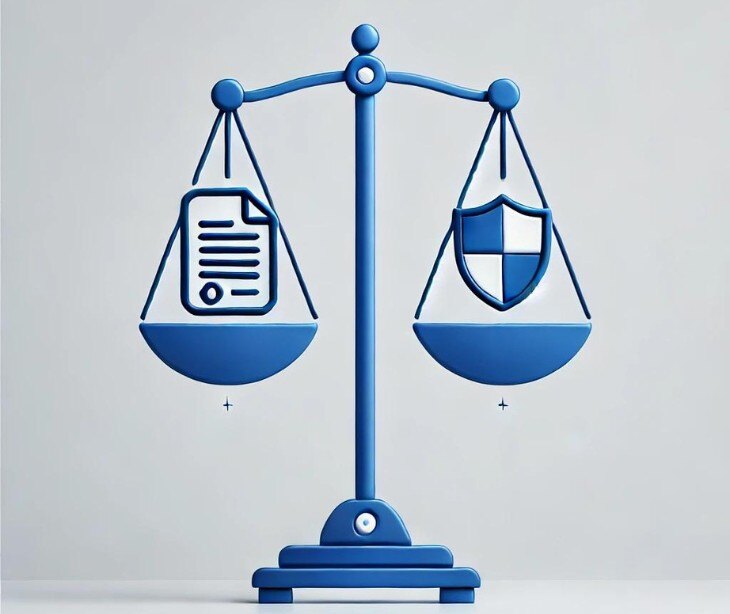
While the financial losses caused by healthcare fraud are substantial, there are also human costs to consider. Individual victims of healthcare fraud are often subjected to unnecessary or unsafe medical procedures. Their medical records may be compromised, and their legitimate insurance information may be used to submit falsified claims.
The various faces of healthcare fraud
Healthcare fraud can take many forms, often perpetuated by a small number of dishonest healthcare providers. Some common types of fraud include billing for services that were never rendered, upcoding (billing for more expensive services than were provided), performing medically unnecessary procedures, misrepresenting non-covered treatments as medically necessary, falsifying patient diagnoses and medical records, accepting kickbacks for patient referrals, and overbilling patients for prepaid services.
Fraudsters have the luxury of being creative in their schemes due to the extensive range of medical conditions and treatments on which they can base false claims. They can also spread false billings among many payers and insurers simultaneously.
Go deeper:
Risks associated with healthcare fraud
Healthcare fraud poses several risks to individuals and the healthcare system. False patient diagnoses, treatment, and medical histories are common in fraud schemes.
Medical identity theft is another risk, where a person's identifying information is used without their consent to obtain medical services or submit false insurance claims. This can result in erroneous information being added to a person's medical record or the creation of a fictitious record in their name.
Healthcare fraud schemes can put patients at physical risk. Some fraud-doers subject patients to unnecessary or dangerous medical procedures solely for financial gain. These procedures can have irreversible consequences.
The legal response to healthcare fraud
Recognizing the seriousness of healthcare fraud, Congress enacted the Health Insurance Portability and Accountability Act (HIPAA). HIPAA established health care fraud as a federal criminal offense, carrying penalties of up to 10 years in federal prison and including financial penalties. If a perpetrator's fraud results in patient injury or death, the prison term can double or even result in a life sentence. HIPAA also created the Health Care Fraud and Abuse Control Program (HCFAC), which coordinates federal, state, and local law enforcement efforts against healthcare fraud and abuse.
Read more: Understanding the Healthcare Fraud and Abuse Control Program
How to protect yourself
Individuals can take steps to protect themselves from healthcare fraud and contribute to the integrity of the healthcare system. They should protect health insurance ID cards and avoid disclosing insurance information to unauthorized individuals. If fraud is suspected, it should be reported to the insurance company immediately. Knowledge of the healthcare services received, keeping medical care records, and closely reviewing medical bills can also help detect potential fraud.
See also: HIPAA Compliant Email: The Definitive Guide
In the news
Two Dallas doctors, twin brothers Desi Barroga, MD, and Deno Barroga, MD, pleaded guilty to a $12 million healthcare fraud scheme. They could each face up to 10 years in prison. Operating a pain management clinic, the brothers billed insurers for $45 million in injections that were never administered. They also provided patients with prescriptions for opioids in exchange for the patients falsely billing their insurance for non-existent services, according to the Department of Justice (DoJ).
The DoJ detailed that the Barroga brothers required patients to visit their clinic monthly to receive opioids and then falsely claimed that these patients received corticosteroid injections. The brothers falsified medical records to support their fraudulent claims. As part of their plea agreement, they surrendered their DEA registrations, forfeited their medical licenses, and agreed to pay restitution, the amount of which will be determined in court. The DoJ also noted that patients were instructed to lie about the treatments they received, with one patient being billed for 80 injections in a single day. The Barroga brothers illegally obtained at least $9 million from their scheme and are awaiting sentencing.
FAQs
What is healthcare fraud, and why is it a concern?
Healthcare fraud involves deceitful actions by individuals or organizations within the healthcare industry to obtain financial gain through false claims or deception. It is a concern because it undermines the integrity of healthcare systems, leads to unnecessary costs, compromises patient care, and erodes public trust in the healthcare system.
How does healthcare fraud impact patients, taxpayers, and the overall healthcare system?
Healthcare fraud negatively impacts patients by potentially exposing them to unnecessary or harmful treatments, compromising the quality of care, and increasing out-of-pocket expenses. Taxpayers bear the financial burden of healthcare fraud through increased government spending on programs like Medicare and Medicaid. Moreover, healthcare fraud undermines the sustainability and effectiveness of the healthcare system as a whole, diverting resources away from legitimate patient care.
What measures are being taken by government agencies and healthcare organizations to combat healthcare fraud, and what role does technology, such as AI, play in these efforts?
Government agencies, such as the Centers for Medicare and Medicaid Services (CMS) and the Department of Health and Human Services (HHS), are actively engaged in combating healthcare fraud through enforcement actions, data analytics, and collaborative efforts with law enforcement agencies. Healthcare organizations are implementing fraud detection and prevention strategies, including the use of advanced technologies like artificial intelligence (AI) and machine learning algorithms, to identify suspicious patterns in claims data and detect fraudulent activities more efficiently. These technologies enhance the ability to detect fraud in real-time, prevent fraudulent claims from being paid, and ultimately safeguard the integrity of healthcare systems.



%20-%202024-11-04T070521.738.jpg)
